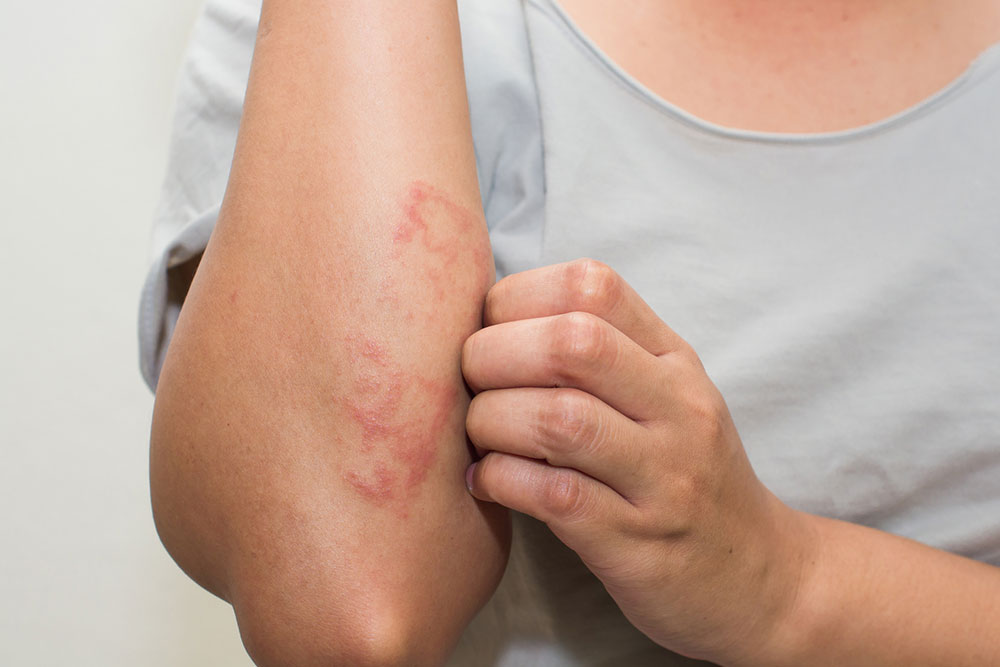Effective Strategies for Managing Eczema and Psoriasis Symptoms
Explore effective treatment options for eczema and psoriasis, including home remedies, topical medications, and advanced therapies. Learn how proper skin care, avoiding triggers, and medical interventions can improve quality of life. Consulting healthcare providers for personalized care is essential for managing these chronic skin conditions successfully.

Effective Strategies for Managing Eczema and Psoriasis Symptoms
Skin conditions such as psoriasis and eczema often cause distress, affecting appearance and daily life. These non-infectious skin disorders typically manifest as red, scaly patches, rashes, and discomfort. Psoriasis is a hereditary condition, whereas eczema results from allergic reactions. Common symptoms include painful swelling, itching, cracks, and plaques that can appear on feet, genitals, neck, knees, elbows, palms, and scalp.
What are the most recommended treatments for eczema and psoriasis?
Managing Eczema
Various home remedies and medications help control eczema. Since allergic triggers are involved, avoiding irritants like harsh detergents, fabrics, or environmental factors is crucial. Taking lukewarm baths for 10-15 minutes and applying fragrance-free moisturizers frequently help prevent dryness. Use gentle soaps, pat dry carefully, and avoid rough clothing like wool or mohair.
Protect the skin and prevent scratching
Wearing loose, soft clothing and covering affected areas can minimize scratching. Wearing gloves at night can prevent further skin damage.
Minimize sweating and inflammatory responses
Avoid strenuous activity and excessive sweating to reduce irritation. If allergy sources are unknown, focus on calming inflammation with appropriate medications.
Use OTC creams and anti-itch lotions
Apply non-prescription steroid creams and anti-itch lotions multiple times daily until the rash improves. Daily gentle cleansing with hypoallergenic soap followed by moisturizing helps maintain skin health.
Additional care tips
Maintaining a stress-free mindset, following a healthy diet, engaging in light activities, and ensuring adequate sleep contribute to better management of eczema. Always consult healthcare professionals for personalized advice.
Psoriasis: Treatment Approaches
Psoriasis responds well to topical and systemic therapies, with treatment choices tailored to severity.
Topical steroids and salicylic acid
These creams help reduce inflammation, decrease scales, and slow skin cell overproduction. Stronger formulations may be used under medical supervision for better results.
Calcipotriene and coal tar products
Vitamin D derivatives like calcipotriene and coal tar shampoos or ointments can slow skin cell growth and alleviate symptoms.
Prescription medications
Retinoids and biologic drugs are prescribed for severe cases, helping regulate immune responses and skin cell buildup.
Light therapy
Phototherapy, including PUVA and narrow-band UVB treatments, offers effective symptom control.
Oral drugs
In resistant cases, medications like methotrexate, cyclosporine, or biologics are recommended by physicians.
Natural remedies, such as aloe vera, fish oil supplements, Dead Sea salt baths, and cayenne gels, may support treatment efforts.
Choosing the right treatment depends on the severity and nature of the skin condition. Consulting healthcare providers ensures personalized care and better outcomes.










